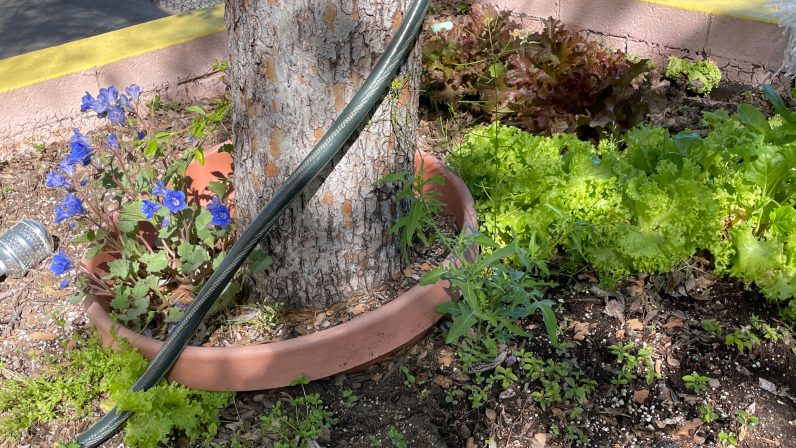From time to time a certain voice catches my attention. Most recently it’s the voice of Christiana Figueres, the former Executive Secretary of the United Nations Framework Convention on Climate Change from 2010 to 2016. She is also known for being a key figure in making the 2015 Paris Agreement possible. Christiana had a remarkable childhood,since her father was president of Costa Rica and her mother, a Danish immigrant, was the Costa Rican ambassador to Israel. Her parents had high expectations for her and, in her words, “We didn’t spend too much time in the playground.” As a young girl she learned about the power of positive thought from her Christian Scientist grandfather. In her teens she ventured out on her own spiritually because she also wanted to understand the part of reality that had to do with pain and suffering. Her ability to simultaneously grasp the seriousness of our ecological situation along with hope is truly remarkable.
Christiana voiced her concerns about our younger generations who are stressed, burned out, and grieving with all the pain in the world. In her mind the grief and pain is “an alarm bell” to “generate the clarity of what needs to be done.” She is informed and well versed in the complex challenges of our climate crisis, and at the same time believes that “climate change is the gym in which we as human beings are strengthening our muscle to be able to evolve to a much higher sense of awareness, consciousness, action, than we were before. And that the way that we understand that is measured in the way that we understand our relationship with nature.”
Figueres suggests that one way we make this shift is by changing our storyline about the future of our planet. She says, “It is our thought that determines our word and our word that determines our action.” If we have a mindset of doom and gloom, we will eventually manifest that. She points out how painful it is to her “that there are many young people who think of themselves as being ‘the last generation.’ The last generation on this planet. That mindset is… dug into pain and grief and loss…We do have to change that mindset, not denying the reality of the fact that we’re way late and that we’re going over tipping points, and all the science in which we’re deeply steeped. But also to realize that precisely because of all of that, that’s why we have to change our mindset to a mindset of hope. And I say hope not flippantly. A mindset of conviction that we have everything that we need to make a difference in a timely fashion.”
In the conversation, Christiana introduces the term “radical regeneration.” Here’s how she explains it: “What we’re trying to do with one of our efforts here is to invite all of these wonderful people to find a place of regeneration for themselves. Because there’s no way that they can go out and be the agents of change that everyone needs to be if they’re actually in total despair themselves. So number one, let’s regenerate ourselves. And let’s become much more resilient at the individual level, at the corporate level, et cetera.” She continues by explaining our responsibility for restoring nature: “We have destroyed nature. We have depleted nature. And so our task now is not just to save the bit of nature that we have, save the old standing forests that we have, not just to save the few corals that are left, but actually to intentionally regenerate: regenerate the soil, regenerate the coral reefs, regenerate the forest, regenerate, and allow nature, with our help, to get back to the resilience that she used to have. Because frankly, it’s in our own interest that she have that resilience.”
There are many other profound statements in this interview with Christiana Figueres regarding the potential human evolution before us. Her final comments remind me of our school: “So it’s not about creating something that is not there. It’s about watering a seed that is already in our fertile ground and watering it to the extent that it can carry over longer periods of time and geography, so that we can feel the responsibility toward future generations, and we can feel responsibility toward people in other corners of the planet…the watering of that seed…is an intentional watering that we have to do every day, that we have to choose to do every day. Because that seed bloomed and gave fruit during the pandemic, and that was fantastic, but the seed is still there. So can we intentionally water it? That is the best of humanity. Those actions, that compassion, that solidarity, that helping each other, that responsibility intergenerationally, that is the best of humanity.”
Aside from the watering idea, one point that stayed with me is her reminder that we need be ready for when our children ask us,“What did you do?” I believe our cultivation of the Seed community is a sufficient reply.

